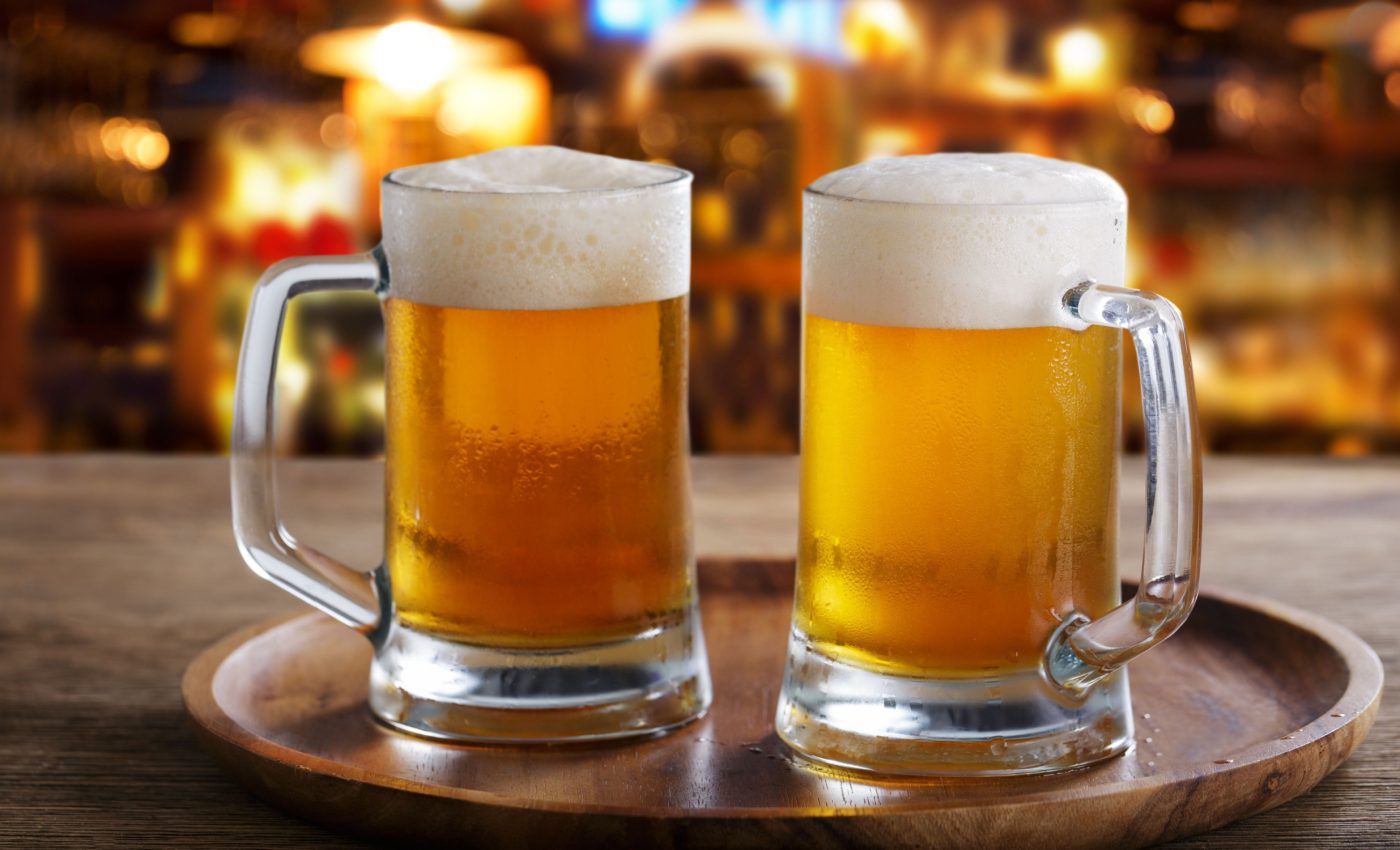
Brewing beer in space: The future of fermentation
What happens when we try to brew beer in the challenging and unfamiliar environment of space? The fermentation process that has been perfected on Earth faces new variables in microgravity, raising intriguing questions about the future of brewing beyond our planet.
Beer has been a staple of human culture for thousands of years, playing a significant role in social, religious, and economic contexts across various civilizations.
A recent study by University of Florida (UF) researchers sheds light on how beer yeast might behave when fermented in outer space, revealing insights that could have far-reaching applications not only for brewing but for a range of fermentation-based industries.
Published in the journal Beverages, this pioneering research is a collaborative effort between UF’s Food Science and Human Nutrition Department and the Horticultural Sciences Department, bringing together expertise from multiple fields to explore the possibilities of space fermentation.
Potential outcomes of space fermentation
Fermentation is a critical process in creating various food products like bread, yogurt, and kombucha, as well as biofuels and pharmaceuticals.
The researchers focused on beer yeast fermentation due to its extensive history and established knowledge base.
“We are absolutely going to be conducting fermentations under microgravity in the future, as we continue space exploration, and there are going to be outcomes that will be very difficult for us to predict,” said Andrew MacIntosh, a UF/IFAS associate professor of food science.
“It’s essential that we look at what some of those outcomes may be now, so we can decide which processes are going to be the first ones we perform under microgravity, how we adapt them, and how we can take advantage of the changes we see.”
The experiment: Beer yeast in microgravity
The study, led by undergraduate researcher Pedro Fernandez Mendoza, involved mashing barley grown in Live Oak, Florida, to create wort. This liquid was then fermented using Saccharomyces pastorianus, the yeast species used for brewing lagers.
The researchers divided the wort into six identical samples, three of which were fermented under simulated microgravity using a clinostat.
Contrary to initial concerns, the experts found that microgravity did not reduce yeast cell viability. Instead, the fermentation rate increased, likely due to the constant suspension of yeast cells that maximized nutrient availability.
However, yeast exposed to microgravity produced fewer esters – compounds responsible for beer flavors – suggesting potential for a higher-quality product.
The reduction in ester production may be linked to lower expression of a yeast gene regulating this process.
The first step in space fermentation research
“This study is definitely the first piece in the puzzle, and I’m excited to do more,” MacIntosh said, emphasizing that this research marks the beginning of exploring how microgravity could enhance everyday products.
The practice of brewing beer dates back to ancient civilizations, with evidence of beer production found in Mesopotamia, Egypt, and China.
Throughout history, beer has not only served as a beverage but also as a staple food source and a means of preserving grains. The evolution of brewing techniques has led to the vast array of beer styles we enjoy today.
As humanity looks toward space exploration and the potential for off-Earth colonies, understanding how traditional processes like fermentation will adapt to new environments becomes increasingly important.
This study’s focus on beer yeast offers a unique glimpse into how age-old traditions might evolve in the future.
Space fermentation beyond beer
While the study focuses on beer yeast, the findings could have broader implications for other fermentation-based industries. For example, pharmaceuticals and biofuels rely on similar fermentation processes.
Understanding how microgravity affects fermentation could lead to new methods of producing essential medicines or alternative energy sources in space.
Additionally, as space tourism and potential colonization efforts progress, the ability to produce familiar products like beer and fermented foods could play a crucial role in maintaining morale and quality of life for those living beyond Earth.
The research conducted by UF not only advances our understanding of beer fermentation in space but also opens the door to future innovations in a variety of industries.
The study is published in the journal Beverages.
—–
Like what you read? Subscribe to our newsletter for engaging articles, exclusive content, and the latest updates.
Check us out on EarthSnap, a free app brought to you by Eric Ralls and Earth.com.
—–













